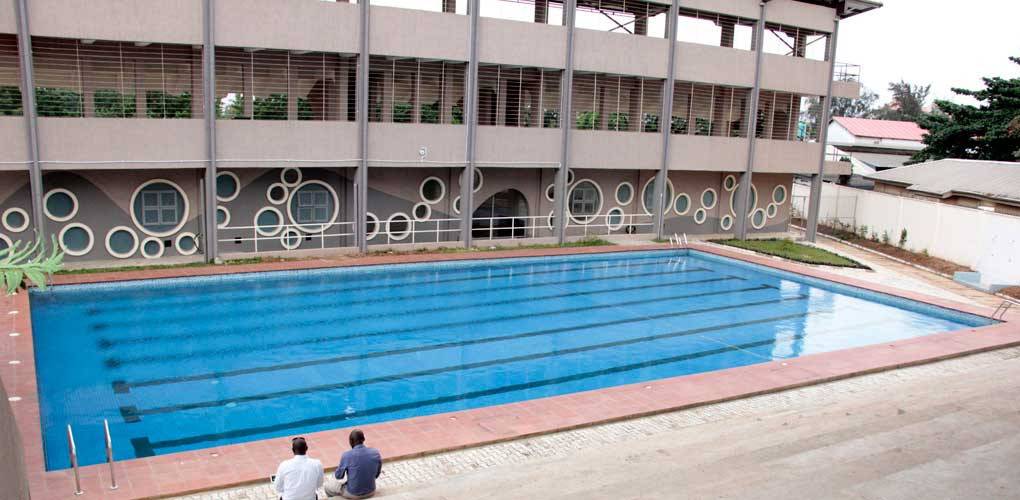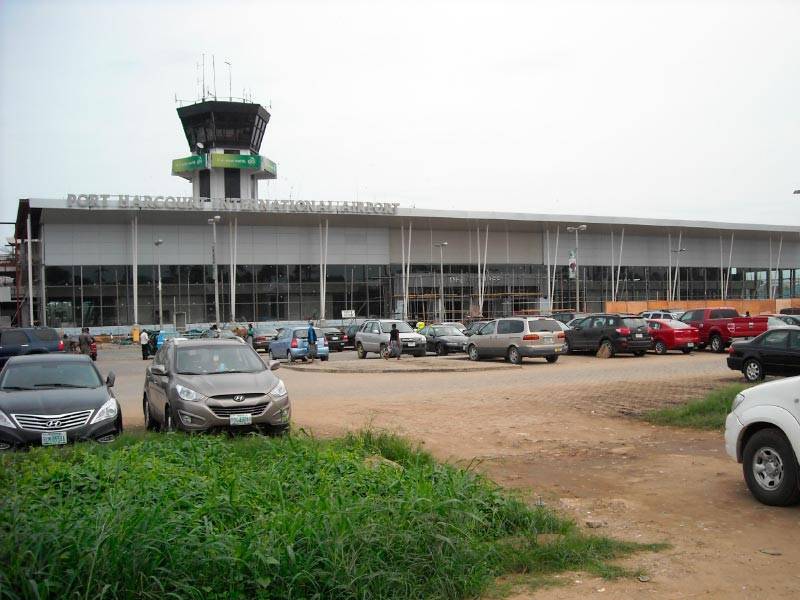Central Bank of Nigeria Headquarters

About Central Bank of Nigeria
The Central Bank of Nigeria is the nation's foremost and apex financial institution. In its latest Act of 2007, the CBN is charged by the federal government with overall control and administration of all monetary and financial sector policies. Its objectives also include; Issuing a legal tender for the country, ensuring monetary and price stability, maintaining external reserves to safeguard the currency's international value, act as Banker and provide economic and financial advice to the Federal Government. The Bank has its Headquarters in Abuja and branches in every state capital of the federation.History of Central Bank of Nigeria
The Central Bank of Nigeria (CBN) was established by the CBN Act of 1958 which has been modified in 1991, 1993,1997,1998,1999 and 2007. It commenced operations on July 1, 1959 and issued its first treasury bills in April 1960. In its early days, the CBN mainly acted as regulators of the banking sector, monitored balance of payments according to the demands of the federal government and adjust monetary policy along the demands of the federal budget. The Central Bank has had 12 Governors since Nigerian Independence and is probably the most popular government body in Nigeria.Safety
An office with watertight security. Visitors here have to be cleared to get in. No security threat.Best Time to Visit Central Bank of Nigeria
CBN operates between 8am and 5pm on weekdays. This is the best period to visit.Most Common Visitors
The CBN is visited by a wide range of people from government officers to bank representatives.Weather at Central Bank of Nigeria
Central Bank of Nigeria is located in Abuja North-Central of Nigeria.Thus, it experiences three weather conditions every year. This includes a warm, humid rainy season and a blistering dry season. In between the two, there is a brief interlude of harmattan occasioned by the northeast trade wind, with the main feature of dust haze and dryness. Temperatures can drop to as low as 16 degrees during the harmattan period.The Central bank of Nigeria located in the capital city of Abuja is responsible for the effective, efficient and transparent implementation of monetary and exchange rate policy and management of the financial sector of the Federal Republic of Nigeria.Nearby Utilities
Total Filling Station, NNPC mega gas station, THLD group autogas refuelling station|Forte Oil Panache Restaurant, Nkoyo Masala Wahala Ceddi Plaza, Shagalinku Restaurant, Sinoni Restaurant-Chinese Cuisine | Access Bank, Fidelity Bank, United Bank for Africa, Union Bank, Zenith Bank|Healthplus|Spar
Ways Of Travel
Car|Motorcycle|Bus|Tricycle
Nice Things About Place
The superior architecture and importance to the Nigerian economy.
Notable As
the regulatory body of the financial sector of Nigeria.
Reason For Loving Place
This is where all financial decisions concerning the country are carried out.
Reason To Recommend Place
To go for financial troubleshooting help.
Type Of People Who Visit
Merchants, Representatives of financial institutions are the type of people you are sure to meet here.
What To Bring
["Legal documents "]
Driving Instructions
Head southeast on Sani Abacha Way, pass by Toys N Things on the right, Slight right toward 7th Street/Tafawa Balewa Way, continue straight, Turn left onto 7th Street/Tafawa Balewa Way, Make a U-turn at Zakaria Maimalari Street.
Things To Do
["Enquire about forex help.","File a complain against a financial institution.","Enquire about Agricultural credit scheme."]
Entry Fee
₦0 - ₦1,000
Historical Incidence
["The Central bank was behind the development of financial credibility of most Nigerian commercial banks by forcing them to have a minimum operating reserve before commencement of operations."]


